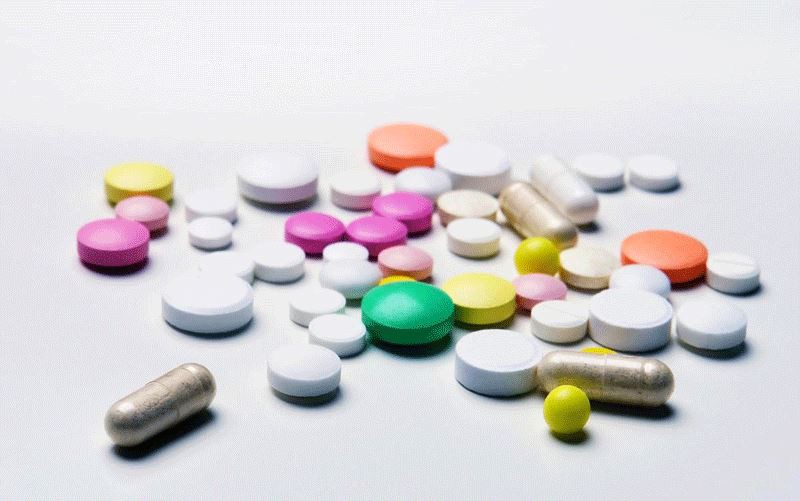
If you have any question, please feel free to email us. We will touch with you as soon as possible.
Recently, the AstraZeneca SGLT2 inhibitor Forxiga (dapagliflozin) has been approved by the EC for the treatment of new-onset or worsening chronic kidney disease (CKD) adult patients with or without type 2 diabetes (T2D), and the drug has also become an EU-approved treatment The first SGLT2 inhibitor for chronic kidney disease. In addition, MHRA also approved the extension of Forxiga's license in the UK.

The European Commission's approval of Forxiga was mainly based on the positive results of the Phase 3 DAPA-CKD trial and followed the approval recommendations of the European Medicines Agency's Committee for Human Uses. The DAPA-CKD trial was carried out in 21 countries and is a multi-center, randomized, double-blind late trial. The purpose of the trial is to evaluate the effects of 10 mg dose of Forxiga and placebo, respectively, in combination with standard therapies on renal prognosis and cardiovascular death in patients with chronic kidney disease (with or without type 2 diabetes). A total of 4245 patients were enrolled in the DAPA-CKD trial.
The test results show that Forxiga uses angiotensin-converting enzyme inhibitors or angiotensin receptor blockers for standard treatment, further reducing the relative risk of patients with worsening renal function and end-stage renal disease. Compared with placebo, in patients with CKD 2 to 4 and elevated urine albumin excretion, Forxiga reduced the risk of cardiovascular or renal death by 39%, and the absolute risk reduction (ARR) was 5.3%.
In addition, the study also reached all secondary endpoints. Compared with placebo, Forxiga can significantly improve the relative risk of all-cause death of patients by 31%. In the trial, the safety and tolerability of Forxiga are consistent with the previously recognized safety of the drug. In the study, compared with the placebo group, there were fewer serious adverse events in the Forxiga group (29.5% and 33.9%, respectively). No cases of diabetic ketoacidosis were reported in the Forxiga group, while there were 2 related cases in the placebo group. Based on the positive results of this trial, Forxiga is the first drug to significantly prolong survival in a renal prognosis trial for CKD patients with and without type 2 diabetes.
AstraZeneca said in a statement that the approval of Forxiga is the first new treatment for adult chronic kidney disease in the EU in the past 20 years. As a first-of-its-kind, once-a-day, selective sodium-glucose cotransporter 2 (SGLT2) inhibitor, Forxiga can exert a hypoglycemic effect independent of insulin, selectively inhibit SGLT2 in the patient’s kidneys, and help patients with urine Excess glucose is discharged from the liquid. In addition to lowering blood sugar, the drug also has additional therapeutic benefits such as weight loss and lowering blood pressure.
Forxiga has recently been approved in the United States for the treatment of new or worsening chronic kidney disease (CKD) adult patients with or without type 2 diabetes (T2D). The drug is currently under review in Japan and some other countries and regions in the world. In addition, Forxiga can also be used as an aid to diet and exercise to improve blood sugar control in adults with type 2 diabetes, and to treat symptomatic chronic heart failure with reduced ejection fraction in adults. In 2017, the drug was approved in China for use in adult patients with type 2 diabetes to improve their blood sugar control.
Tel:+86-020-61855200-673
Fax:+86-020-66392525
Email:info@upharm.cn
Address:12th floor, No. 181, Kexue Avenue, Huangpu District, Guangzhou, China